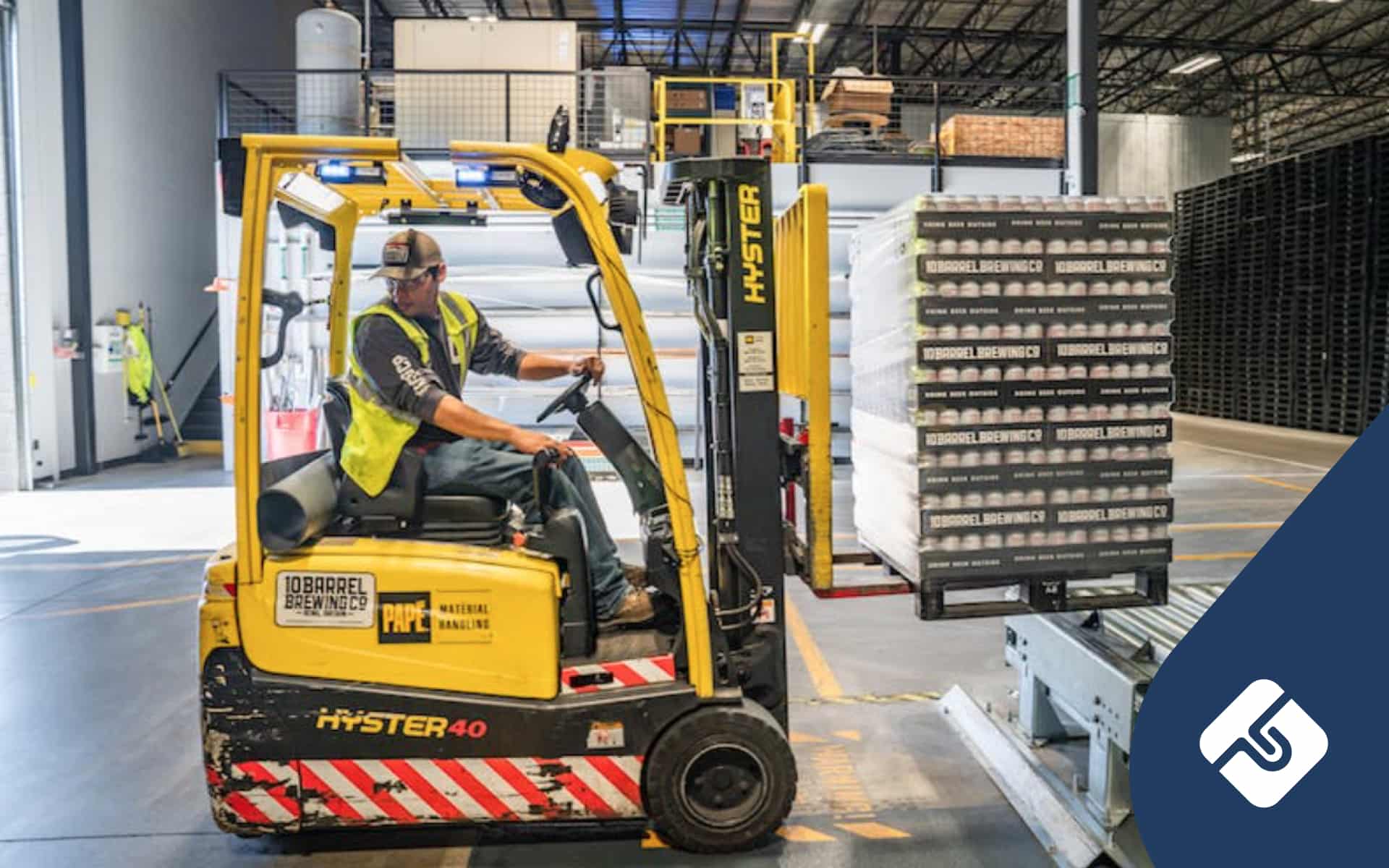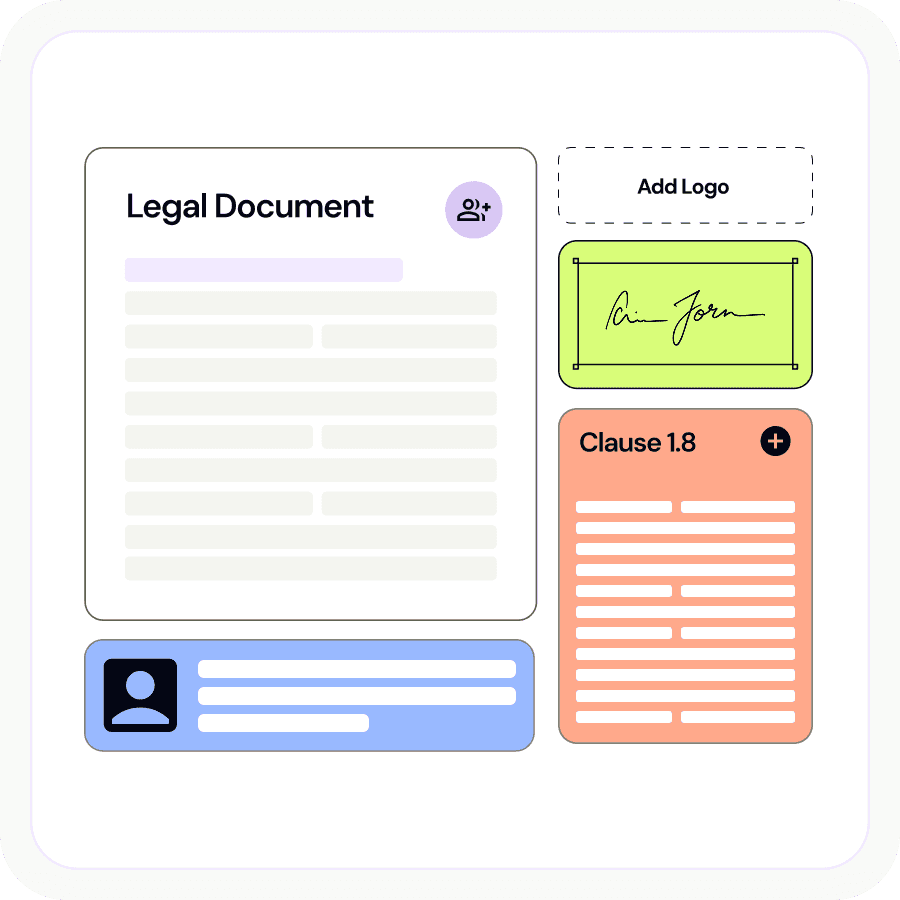Many aspiring entrepreneurs struggle to find clear, actionable advice on how to become a distributor, what licences are needed, or how to secure agreements with suppliers. Starting any business can be confusing.
The good news? With the right roadmap, you can navigate these hurdles and build a successful distribution company in Australia.
This guide will break down the steps to launch your distribution business, from understanding your role in the supply chain to legal setup, licensing, and becoming an authorised distributor. Whether you’re aiming to distribute food, electronics, or niche products, you’ll find practical advice and expert tips to help you get started and stay compliant.
So, what exactly is a distribution business?
A distribution business acts as the crucial link between manufacturers and the market. Distributors purchase products in bulk from suppliers or manufacturers and sell them to retailers, other businesses, or sometimes directly to consumers.
The core revenue model is based on margins. Distributors buy at a lower price and sell at a higher one, retaining the difference as profit. Some distributors also negotiate exclusive rights to sell certain products in a region or charge for logistics and freight services.What is a Distribution Business?
Distributor vs Reseller vs Wholesaler
There are different ways to run your distribution business. You can become a:
- Distributor: Typically has a formal agreement with the manufacturer, often with exclusive or semi-exclusive rights to sell in a specific territory. Distributors may also provide marketing, training, and after-sales support.
- Wholesaler: Buys goods in bulk and sells them to retailers, but usually without exclusive agreements or added services. Wholesalers are more focused on volume and less on brand partnership.
- Reseller: Purchases products to sell again, often in smaller quantities, and can be either a retailer or a business selling to other companies. Resellers generally have a less direct relationship with the manufacturer.
In summary, a distribution business positions itself as a value-adding partner in the supply chain, often holding inventory, managing logistics, and supporting both suppliers and customers.
What types of distribution models exist in Australia?
Before you jump in, it’s vital to understand the different distribution models available in Australia. Choosing the right model will shape your business relationships, revenue streams, and growth potential.
Exclusive distribution
An exclusive distributor has the sole right to sell a product in a specific territory or market segment. For example, a medical equipment manufacturer might appoint a single distributor for all of Australia.
This model offers higher margins and stronger brand partnerships but comes with greater obligations, such as minimum sales targets and strict compliance.
Selective distribution
The manufacturer appoints a limited number of selected distributors in a region. This is common in industries like electronics or luxury goods. For example, a food distributor in Queensland might be one of several servicing IGA supermarket chains, each covering different areas or store types.
Selective distribution balances brand control with market reach.
Intensive distribution
When it comes to intensive distribution, products are made available through as many outlets as possible. Think of fast-moving consumer goods (FMCG) like snacks or beverages, where multiple distributors and wholesalers may supply hundreds of stores across Australia.
This model focuses on volume over exclusivity.y to the consumers (retail distributor) or they can be a merchant that buys products from manufacturers and sells them to retailers.
B2B vs B2C distribution
You can also choose to work with consumers or businesses.
- B2B Distributors: Supply products to other businesses, such as retailers, restaurants, or service providers. For instance, a plumbing supplies distributor sells to hardware stores and trade professionals.
- B2C Distributors: Sell directly to end consumers, often via online stores or direct sales channels. This is less common but is growing with e-commerce trends.
Your choice of model depends on your product, target market, and the expectations of your suppliers.
What does it mean to be an authorised distributor?
Becoming an “authorised distributor” means you have formal, legal permission from a brand or manufacturer to sell their products. This status is highly valued because it signals trust, compliance, and quality assurance to both customers and suppliers.
Here are some of the key aspects of authorised distribution.
- Formal agreements: Authorised distributors sign detailed contracts with brands, outlining their rights (such as exclusivity or territory), obligations (minimum order volumes, reporting, marketing standards), and compliance requirements.
- Brand trust: Brands appoint authorised distributors to protect their reputation, ensure consistent product quality, and maintain control over how their goods are marketed and sold.
- Obligations: These may include sales targets, regular reporting, adherence to marketing guidelines, and maintaining certain service standards. Failing to meet these obligations can result in loss of authorised status.
If you’re considering becoming an authorised distributor, it’s vital to have a well-drafted Reseller Agreement or Supplier Agreement in place. These documents protect your interests and clarify expectations on both sides.
Legal setup: What do you need to get started?
Setting up a distribution business in Australia requires careful legal and administrative planning. Here’s a step-by-step checklist to ensure you start on the right foot.
1. Choose your business structure
You will need to decide on a business structure to establish your business plan. Consider whether you will operate as one of the following.
- A sole trader is someone who owns and operates a business under their personal name.
- A partnership is when two or more people come together to form a business.
- A company is when you register your business as a separate entity from your personal affairs.
You should contemplate which structure will work best for your business goals. It is important to know what the legal ramifications are of each structure and how they can affect how you operate.
2. Register your business name and obtain an ABN
You need to register for a few things in order to make your business official. For instance, you’ll need:
- A business name
- An Australian Business Number (ABN) to help the Australian Tax Office (ATO) and customers identify your business.
It would also be good practice to register your business as a company (ACN) so you can benefit from limited liability.
3. Identify relevant licences and permits
Depending on your products, you may need specific business licenses. For example, distributing food requires a food business licence; medical goods may require TGA approval; and importing goods requires customs registration.
4. Draft legal agreements
Secure Distribution Agreements with suppliers and consider contracts for logistics, warehousing, and insurance. These documents set out your rights, obligations, and dispute resolution processes.
5. Set up insurance and logistics
Protect your business with appropriate insurance (public liability, product liability, transit insurance) and establish clear logistics terms for storage, delivery, and returns.
Do you need a licence to be a distributor in Australia?
There’s no single, universal “distribution licence” required to operate a distribution business in Australia. Instead, the licensing and permit requirements depend heavily on the type of products you distribute, how you source and supply them, and your business operations.
Product-specific licences
If you plan to distribute regulated products, you’ll need to secure the relevant industry licences or permits.
- Food distribution: You must obtain a food business licence from your local council. This ensures your operations comply with food safety standards and local health regulations.
- Medical devices, pharmaceuticals, and chemicals: These industries are highly regulated. You may need permits from bodies such as the Therapeutic Goods Administration (TGA) for medical goods or other federal/state agencies for chemicals and hazardous substances.
- Alcohol and tobacco: Distributing alcohol or tobacco products requires specific state-based licences, and you must comply with strict storage, labelling, and sales regulations.
- Cosmetics and personal care: Some cosmetic ingredients are regulated, so you may need to register with the relevant authorities or comply with additional safety standards.
Importing goods
If you import products into Australia for distribution, you must register with Australian Customs and may need import permits, depending on the nature of the goods. For example, importing food, plants, or animal products typically requires biosecurity clearance and may trigger additional quarantine requirements.
In many cases, engaging a licensed customs broker can help you navigate the process and ensure compliance with all import regulations.
Warehousing and logistics
Operating a warehouse or distribution centre may require council approval or zoning permits, especially if you’re modifying premises, storing hazardous goods, or increasing traffic in residential areas.
Local councils can advise on planning and environmental requirements for your specific location.
Industry regulation and compliance
Beyond product-specific licences, distributors must also comply with broader legal obligations:
- Australian Consumer Law (ACL): All distributors must comply with consumer protection laws, including guarantees, returns, and fair trading requirements.
- Competition and Consumer Act 2010: This regulates anti-competitive conduct, price fixing, and misleading or deceptive conduct in trade.
- Franchising Code of Conduct: If your distribution agreements resemble franchise arrangements, you may need to comply with the Franchising Code, which carries significant legal obligations and penalties for non-compliance.
Financial services and other special licences
If your distribution business involves financial products or services (such as insurance or investment products), you may require an Australian Financial Services Licence (AFSL).
This is a specialised area and generally does not apply to most physical goods distributors, but it’s crucial to check if your offering falls within financial services regulation.
How to identify the right licences
Since requirements can vary widely by industry and location, it’s essential to conduct thorough research or seek legal advice before launching your distribution business. For most standard consumer goods, registering your business and obtaining an ABN may be sufficient, but regulated products will trigger additional obligations.
How do you become an authorised distributor for a brand?
Securing authorised distributor status involves a formal process:
- Pitch or application: Reach out to the brand or manufacturer with a compelling business case. Highlight your market knowledge, distribution capabilities, and how you’ll add value.
- Meet criteria: Brands often have specific requirements, such as minimum order volumes, financial stability, and compliance with their standards.
- Sign agreements: Once approved, you’ll sign a Distribution Agreement or Reseller Agreement outlining your rights and obligations. This contract is critical, so ensure that it’s reviewed by a legal expert.
Lawpath offers free templates and tailored advice for professional legal documents that will ensure your business compliance and protection.
FAQ
Do I need a company to start a distribution business?
You don’t need a company to start a distribution business. In fact, many start as sole traders or partnerships. However, registering as a company offers greater legal protection and is often preferred as your business grows.
Can I resell products without permission in Australia?
Generally, you can resell products you’ve lawfully purchased. However, to use a brand’s trademarks or access exclusive products, you’ll need formal permission or an authorised distributor agreement.
Building a thriving, compliant distribution business
Starting a distribution business in Australia can be complex, but with the right guidance, you’ll be well-placed to succeed. From business formation and licensing to securing supplier agreements, each step is crucial.
Platforms like Lawpath make the process easier, offering support for business registration, legal agreements, and compliance. If you’re ready to launch your distribution business, sign up and our team will be there to guide you every step of the way.







